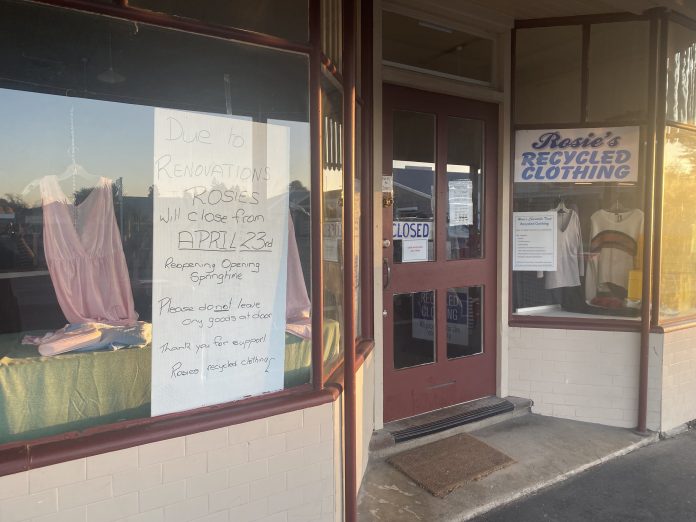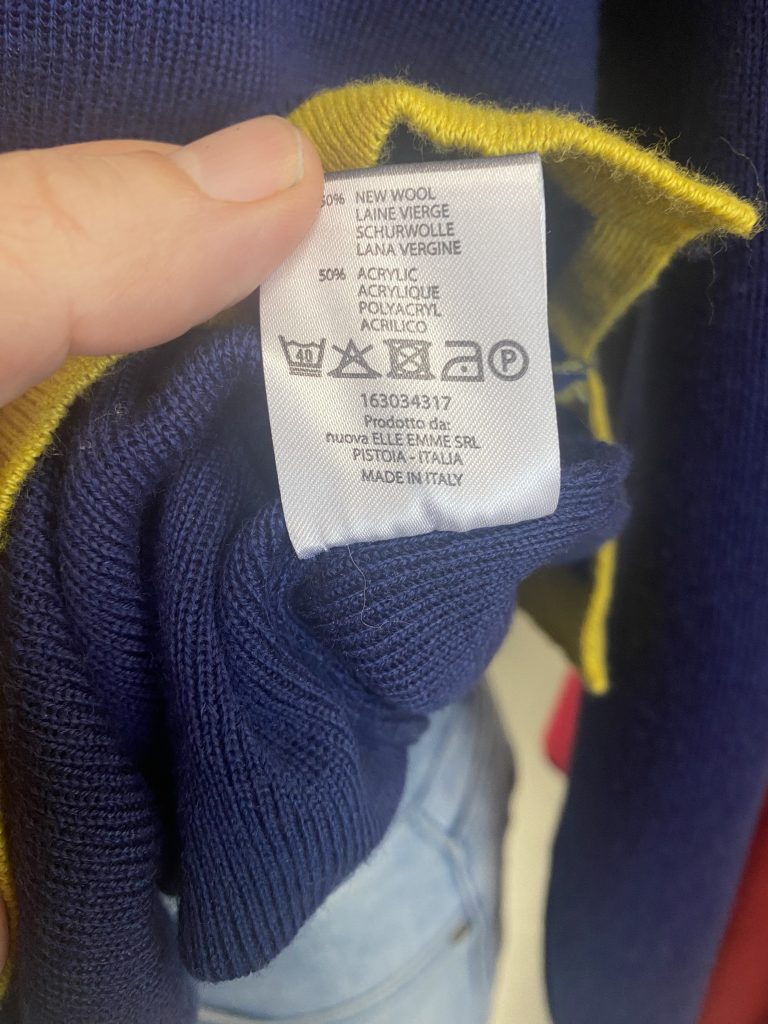
Fast fashion might be only a click away, but Rosie’s Recycled Clothing in Geraldine is urging people to shop for quality, not quantity.
Rosie’s board member Lorna McGimpsey said the rise of Temu, Light Box and Kmart had been ‘‘changing the game’’ for op shops throughout the region.
Mrs McGimpsey was concerned about secondhand clothing stores, which were being inundated by clothing from the sites.
While Rosie’s had fared well through the rise of massive online stores, the shop had closed its doors for renovations until spring, which meant people who would have left donations in that time might be at a loss as where to send it.
Regardless, Mrs McGimpsey urged residents not to send donations to the dump, as there were plenty of other op shops in the area.
One of her concerns was the amount of waste fast fashion had produced.
She said some of the online shopping giants offered free postage, which allowed a $5 shirt to be delivered to the consumer with no extra charge.
But — like all shopping experiences — not everything a person tried on first would fit perfectly.
While in shops a person could spend an amount of time in the dressing room, online shops required the consumer to return the items, which not everyone could be bothered doing.

For a lot of shoppers it was easier to get rid of the garment than return it.
She said she felt so sad when she saw people bringing in clothes with the tags still on them.
‘‘You can’t say it isn’t good quality clothing, because these days what is good quality? Shoppers don’t want things to last forever they simply want it to last a season.’’
While high-quality clothing cost more, it would last many years longer than a lower quality item, eliminating the need to buy a replacement every season, which reduced the amount of fabric thrown away.
Over the years Rosie’s had used the money from the sale of garments to help the community. Among other things, they had sponsored a room at the Christchurch Cancer Centre which was called Rosie’s Room.
It provided a place to stay while receiving treatment.
She said it was not just for people from Geraldine ‘‘but anyone from South Canterbury could chose to stay in it’’.
For Mrs McGimpsey, Rosie’s was all about looking after others.




